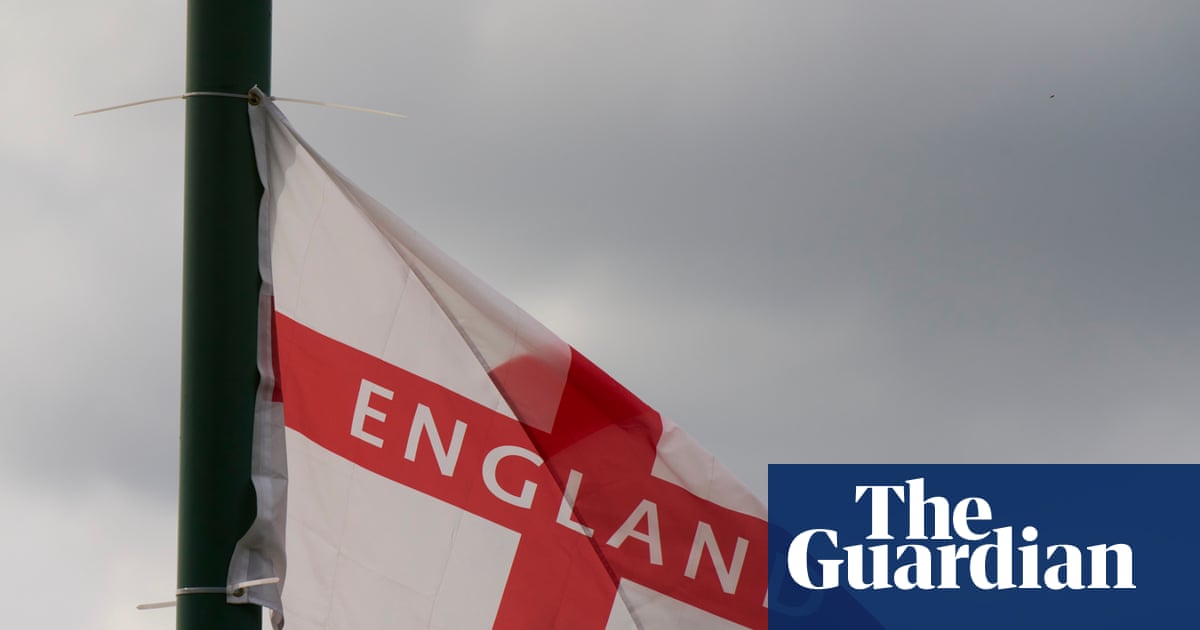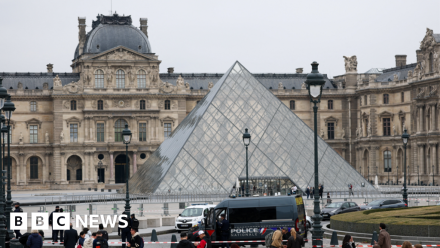NHS employees who visit patients at home say the appearance of St George’s flags in some neighbourhoods has made certain areas feel like “no-go zones”, health leaders have warned.
The chief executive of one English NHS trust, speaking anonymously, said Black and Asian staff reported feeling “deliberately intimidated” when flags were put up across parts of England over the summer. “We saw during the time the flags went up, our staff, who are a large minority of black and Asian staff, feeling deliberately intimidated,” he said. “It felt like the flags were creating no-go zones. That’s what it felt like to them. You add on top of that real autonomous working, that real bravery of working in people’s homes, with an environment … [where] it feels like it’s an area that’s designed to exclude them.”
He added that many staff perceived the intimidation as intentional. The disclosure follows comments from health secretary Wes Streeting a week earlier that NHS staff have been facing a revival of “ugly” racism akin to that of the 1970s and 1980s.
A second trust chief executive described the “springing up of flags everywhere” as another form of intimidation. They recounted an incident in which a white member of staff with mixed-race children asked people putting up flags to move so she could park; those people filmed her, followed her and then subjected her to days of abuse, apparently not because she objected to the flags but because she had disturbed them.
The Department of Health and Social Care advised that health workers who experience threats or aggression toward themselves or their families should report such incidents to the police.
The Royal College of Nursing’s general secretary, Prof Nicola Ranger, said the fear related to the flags forms part of a troubling wider trend. “A sustained campaign of anti-migrant rhetoric is fuelling a growing cesspool of racism, including against international and ethnic minority nursing staff, without whom our health and care system would simply cease to function,” she said. “Those working in the community feel especially vulnerable and employers have a duty to ensure they are protected. Following a summer of further racist disorder, it is little wonder a growing number of nursing staff report feeling unsafe, particularly when having to work on their own and often at night.”
A DHSC spokesperson said: “There is no place for intimidation, racism or abuse in our country or our NHS. Instances of threats and aggression towards staff or their families should be reported to the police. Our flags represent our history, our heritage, and our values. They are a symbol of our nation and belong to all of us – not just some of us.”
Separately, NHS leaders warned that a five-day strike by junior doctors in England, the 13th since March 2023 and due to start on Friday, risks undermining fragile improvements in the health service. Daniel Elkeles, chief executive of NHS Providers, said: “More strikes now could crush this fragile, hard-won progress, wiping out a once in a generation opportunity to fix the health service.”






